In a fascinating and thoughtful essay for the Brookings Institute, former Washington Post editor Robert G. Kaiser takes a look at the dire future that lies ahead for the traditional news media:
A few thoughts about it occur to me.
First of all, at the time of the founding of the republic, when the founders determined that a free press was essential to a free state, there were no major news organizations like the ones we’re used to. There was plenty of press, vast numbers of competing newspapers in the major cities and in the provinces, and occasional broadsheets on every sort of subject published by the thousands.
These media were typically partisan, highly partisan, and not always scrupulous about the facts — there were no news sources “of record” people could consult for anything like an objective arbitration of the competing voices of the press. And yet for generations the people, from New York City to the bayous of Louisiana, were able to conduct a more or less rational conversation about national policy, to raise up politicians of skill and even at times genius to conduct that policy.
Civic engagement at the local level, decentralized as it may have been, translated into national movements and initiatives. A national postal service, like the Internet of its day, enabled distant people to communicate with each other about politics all over the country, and itinerant political speakers, seeking office or influence, mounted the stump in the most remote frontier settlements.
It was chaotic, as the Internet is today, but it worked remarkably well.
When the great metropolitan newspapers arose in the second half of the 19th Century, the ones that somewhat resemble the great metropolitan newspapers of the second half of the 20th Century, the ones that are dying today, the modern form of media was created — but there was a crucial difference.
The great 19th-Century newspapers, and magazines, earned their money directly from readers, by sales and subscriptions. In the 20th Century, revenues came more and more from advertisers, and the loss of advertising revenue now, in the digital age, is what is killing 21st-Century newspapers.
Is this a bad thing? Depending on advertisers makes newspapers beholden to them, unwilling to publish news unfavorable to them. Depending less on readers makes newspapers less responsive to their wants and needs. The great newspapers of the late 19th Century were filled with entertaining nonsense alongside the hard news, but also with entertaining and brilliant popular art, in the form of color comics and graphic illustrations.
The dynamic of traditional advertising-based media worked well when they were the only game in town, but now they’re not. People are finding their news and their entertainment and their visual stimulation elsewhere, advertisers are following them, and traditional media are being left behind.
Something tells me that American democracy is capable of surviving with a chaotic, decentralized electronic press, in many ways so much like the press in Thomas Jefferson’s day. Something tells me that if the modern corporate media have to rely once again on their consumers for revenue, rather than on their advertisers, they will put out a livelier if perhaps less respectable product, but one still capable of delivering hard and relatively objective news.
Meanwhile, a word about Texas, which in so many areas bucks the trends in the rest of America. Texas has some of the most energetic, shrewd and entertaining local political reporting in America right now. It’s aided by the fact that Texas politics and Texas politicians are so eccentric — they must be fun to write about and they are certainly fun to read about.
[Photo above by Roxanne Rathge]
I got interested in Texas politics through reading Big, Hot, Cheap and Right, Erica Grieder’s fascinating survey of the state today. Grieder (above), one of the sharpest political reporters in the nation, writes provocative articles for Texas Monthly — a magazine that also has a barbecue editor, a guy who reports only on barbecue. In other words, it takes a comprehensive populist look at affairs in the Lone Star State.
The Texas Tribune is a non-profit online newspaper based in Austin dedicated to in-depth coverage of the Texas political scene. It also hosts public events with speakers and panels discussing current political issues of interest to Texans.
I don’t know how local Texas newspapers and magazines are faring financially, but they are fielding teams of journalists who keep a close eye on local Texas politics and report on it entertainingly. They converse and debate with each other goodnaturedly, from both ends of the political spectrum, on forums like Twitter. They like to talk about barbecue.
Texas seems to have a healthy free press operating at the moment, in both conventional and unconventional media — a press as healthy as its economy. Perhaps it’s just an illusion — perhaps the prominent news media in Texas are facing the same bleak prospects as the prominent news media elsewhere — but it sure doesn’t feel that way.
As with jobs creation, is Texas doing something right with respect to its press that the rest of America ought to take a look at?

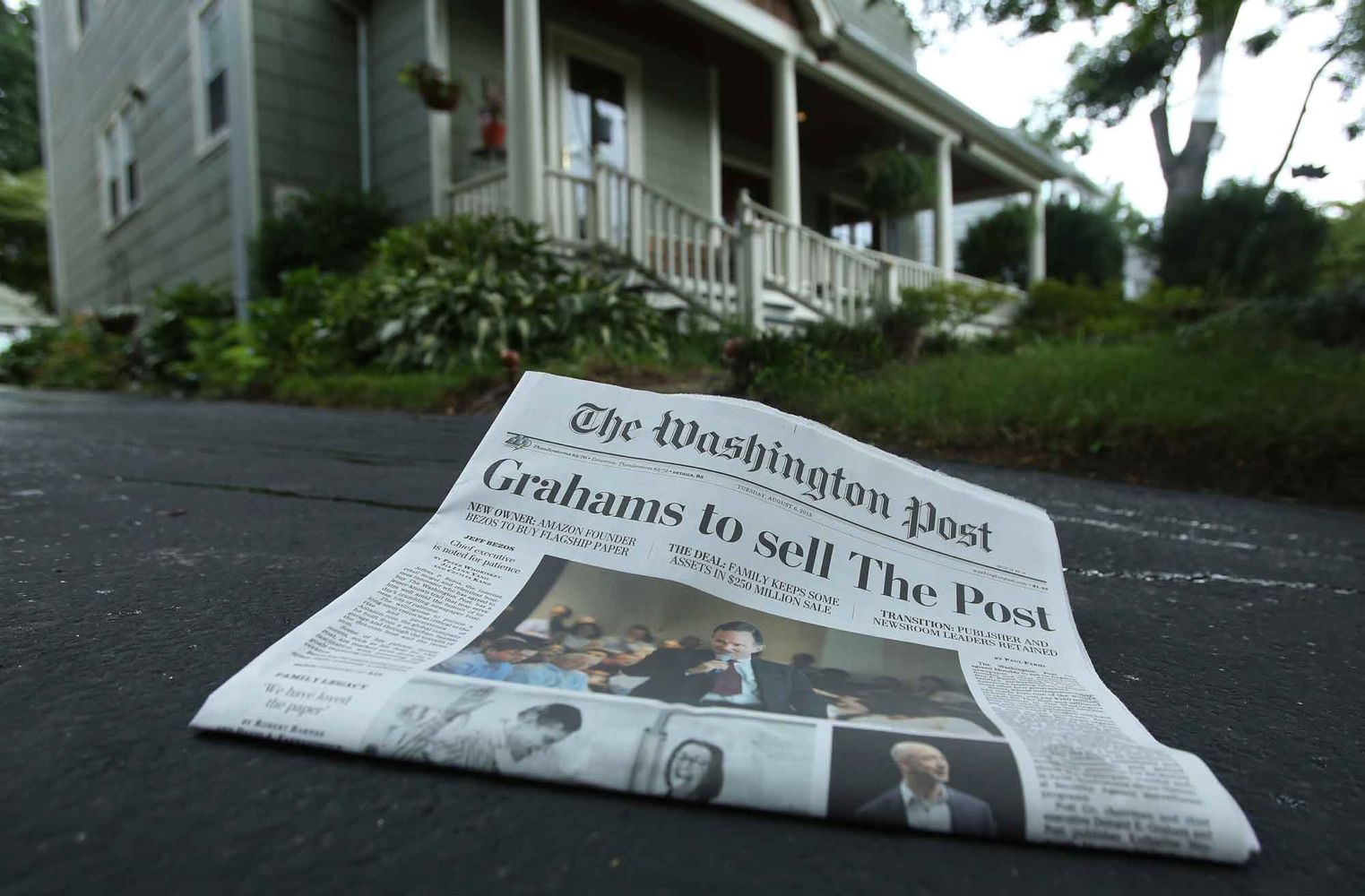
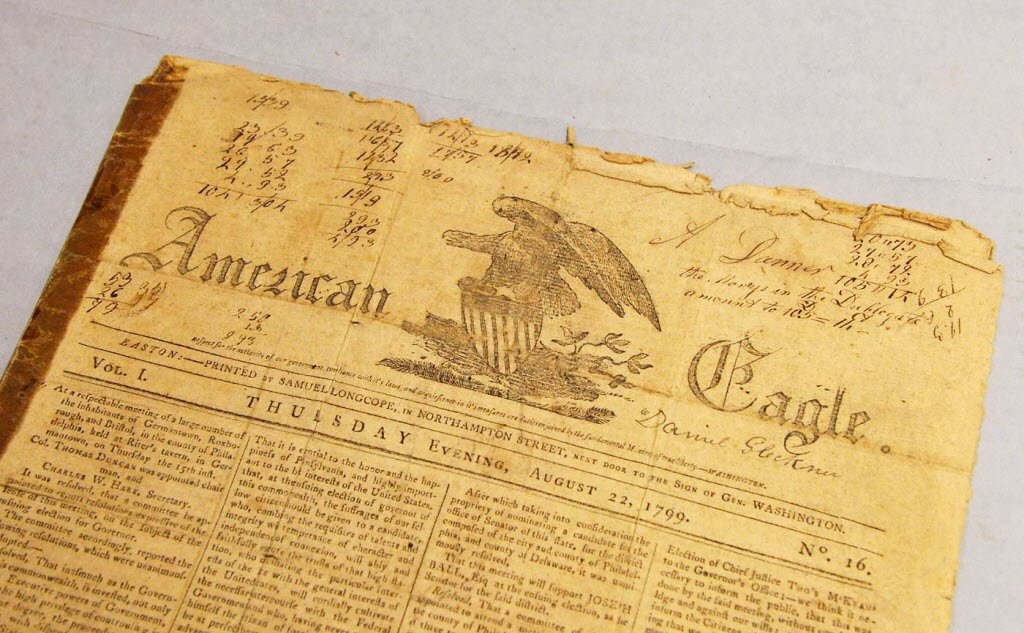
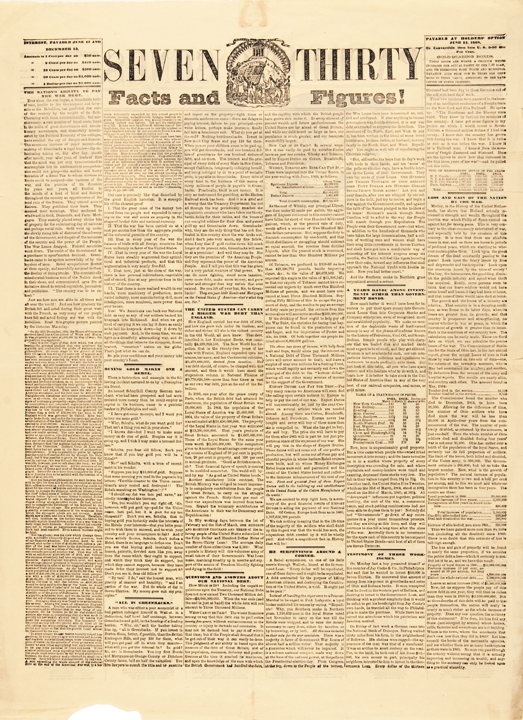
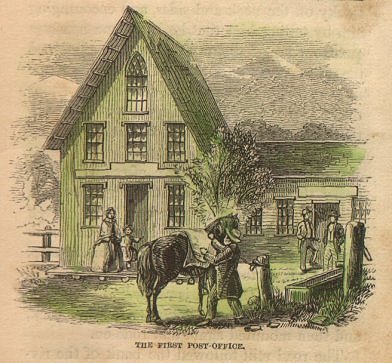
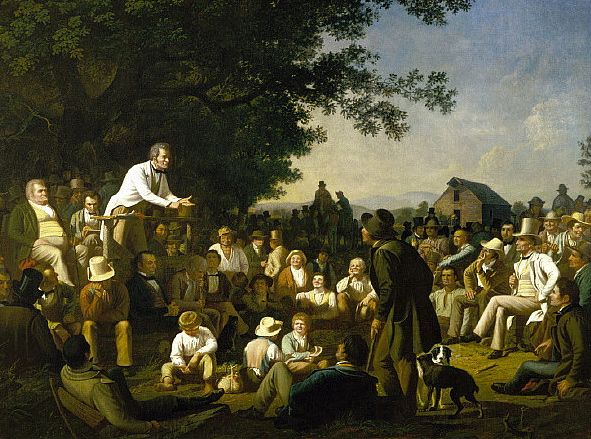
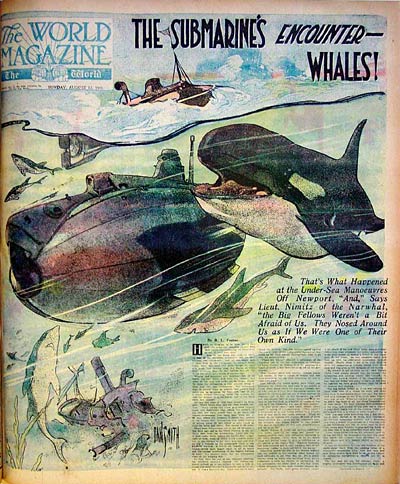

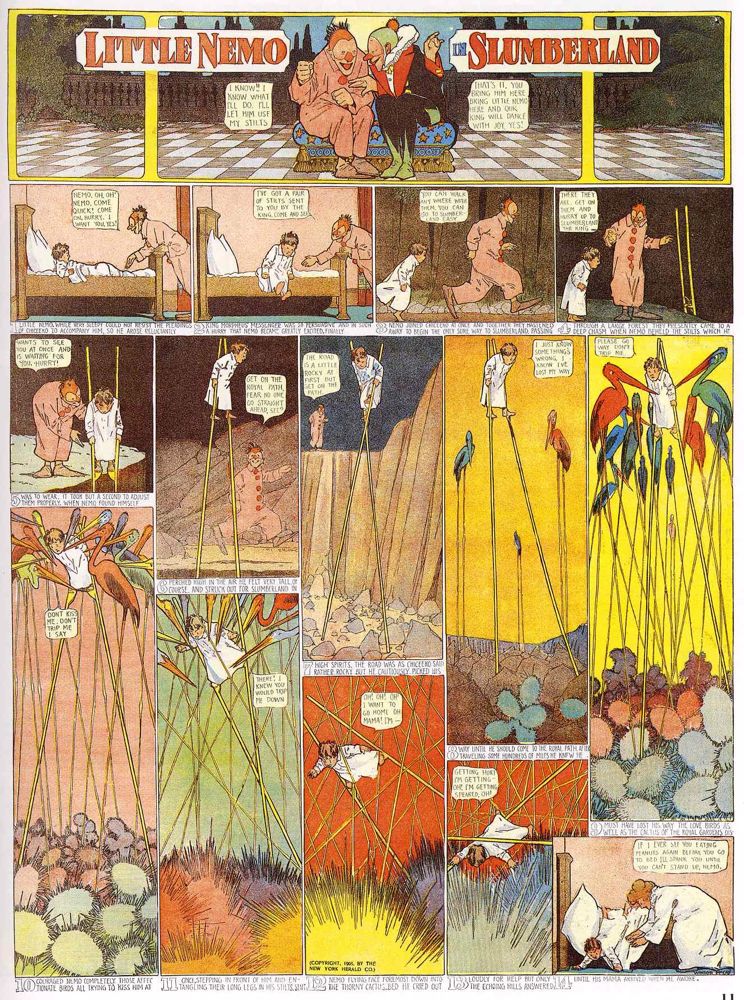
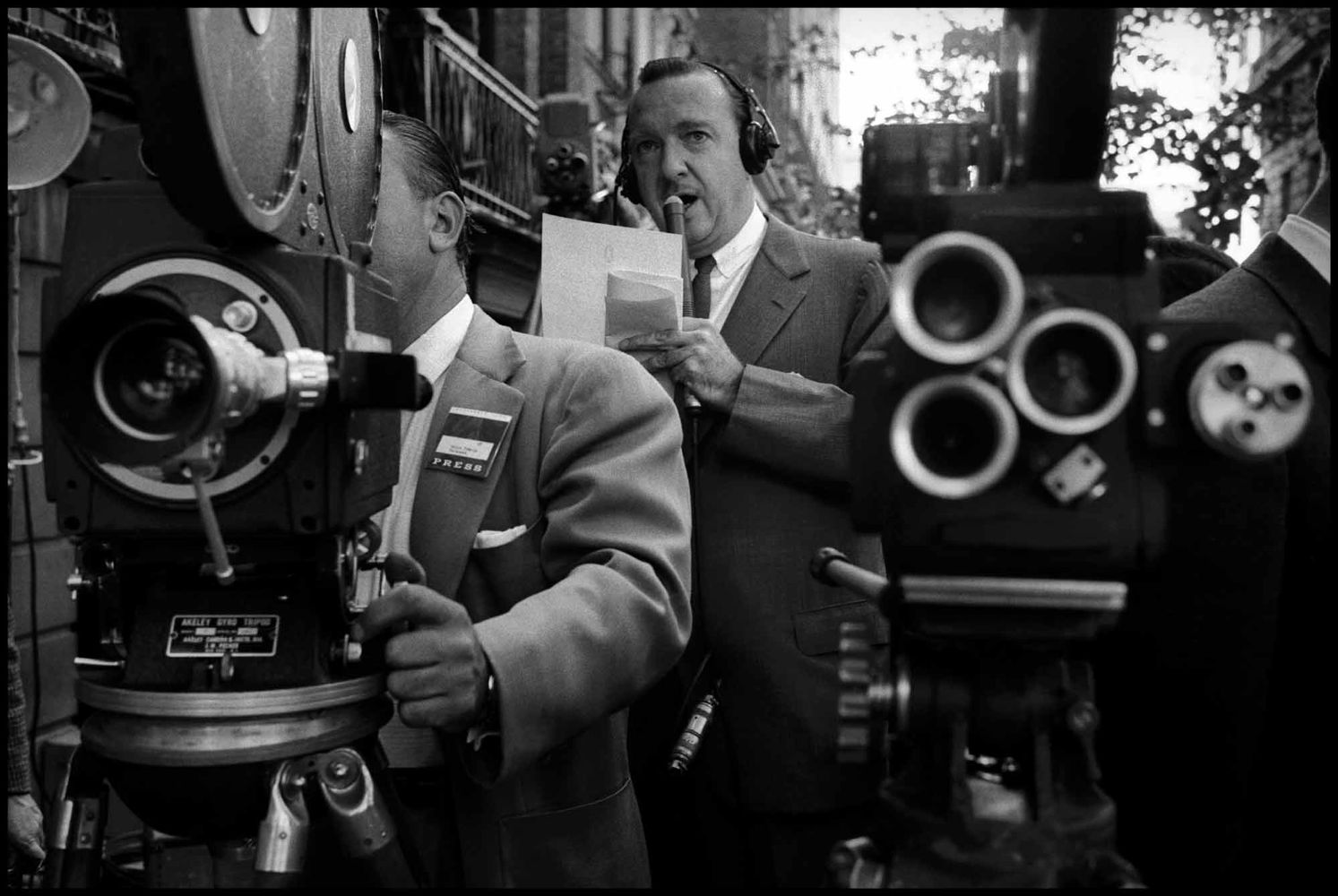



Something tells me that if the modern corporate media have to rely once again on their consumers for revenue, rather than on their advertisers, they will put out a livelier if perhaps less respectable product, but one still capable of delivering hard and relatively objective news.
Won’t that look more like Fox vs. MSNBC, Drudge vs. the Huffington Post, etc.? At least advertisers want to appeal to as broad a range of people as possible. I’m afraid that more consumer vs. advertiser driven reporting will mean more bias confirmation reporting – in other words, more dishonesty on the part of both media and consumers. I wish I shared your optimism.
All cable news companies try to get the biggest audience they can without investing in actual reporting, which is expensive. (The article I link to above explains this process pretty well.) So they pander to one passion or another, luring those who share that passion. Lots of opinion, very little original content. As long as they attract an audience, they get advertising, but if they start losing advertising (at the rate newspapers are losing it) and have to raise money from their audience, they will have to provide something worth paying for. People probably wouldn’t pay much just to have their biases confirmed, though they’re happy to have it done for free.
Creating content people would pay for would, I think, result in more interesting news outlets — some would be outrageous fluff, some perhaps substantial and responsible . . . but preferable to talking heads saying nothing, or the same old thing over and over again.
Newspapers in the early republic were insanely partisan, but they were entertaining and somehow in the mix of them, the public got reasonably well informed. They were fueled by passions, not by cynical calculations about how to attract an audience that would attract advertisers.